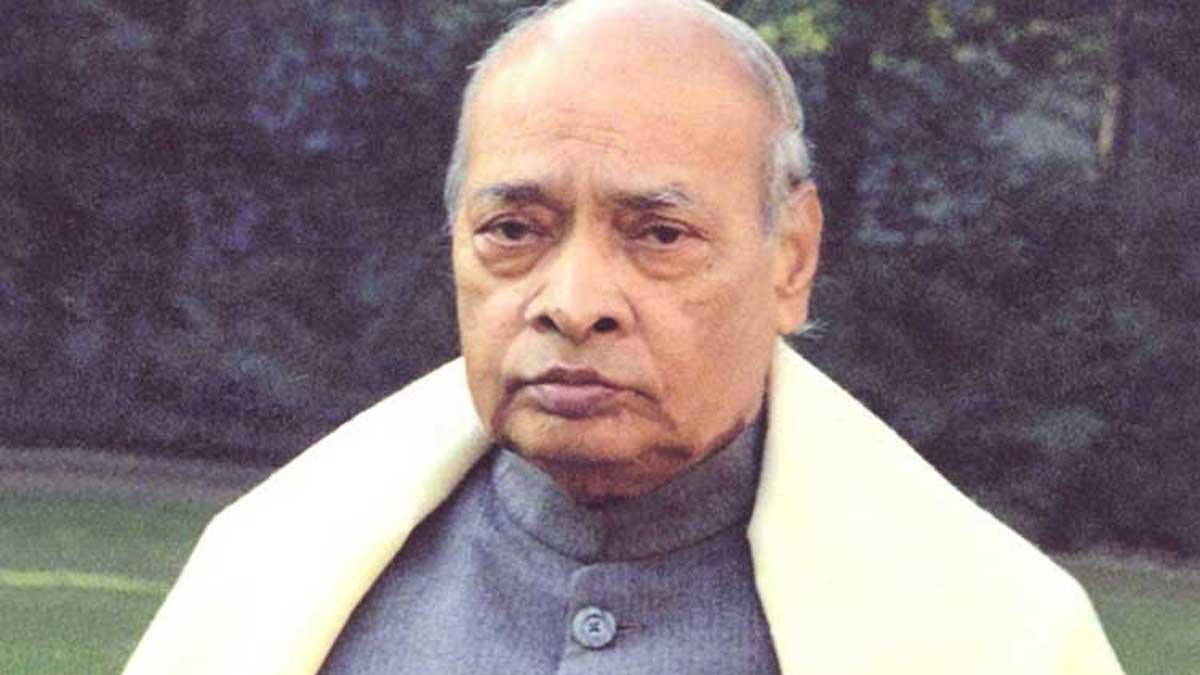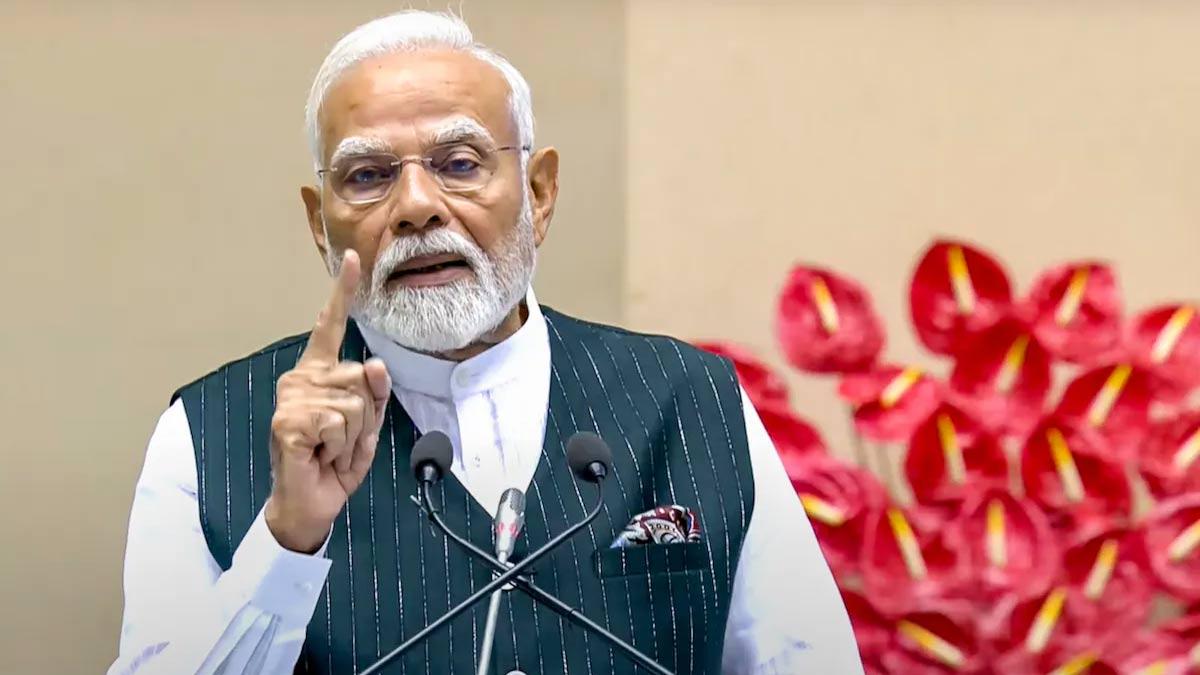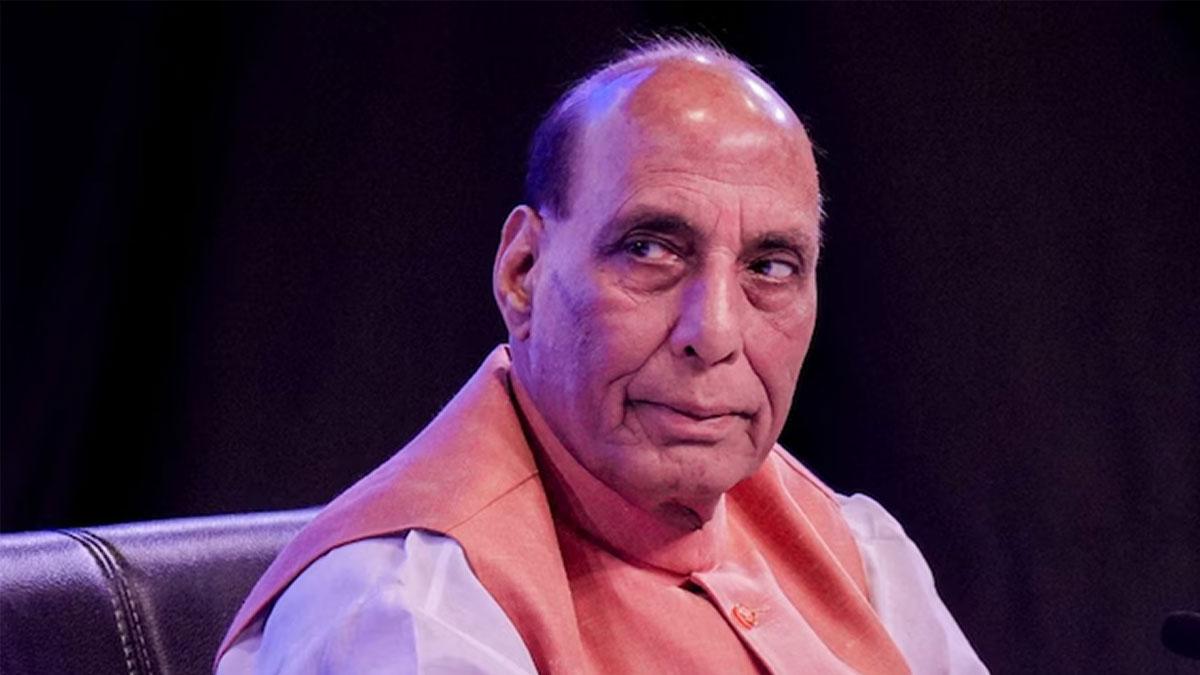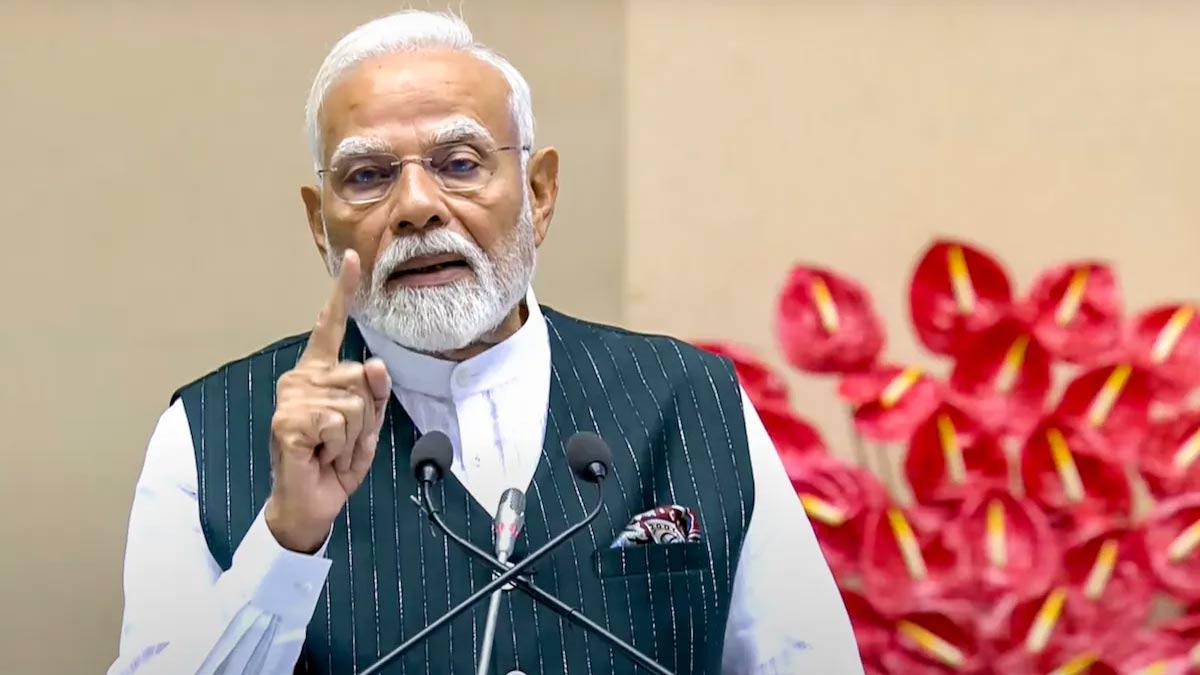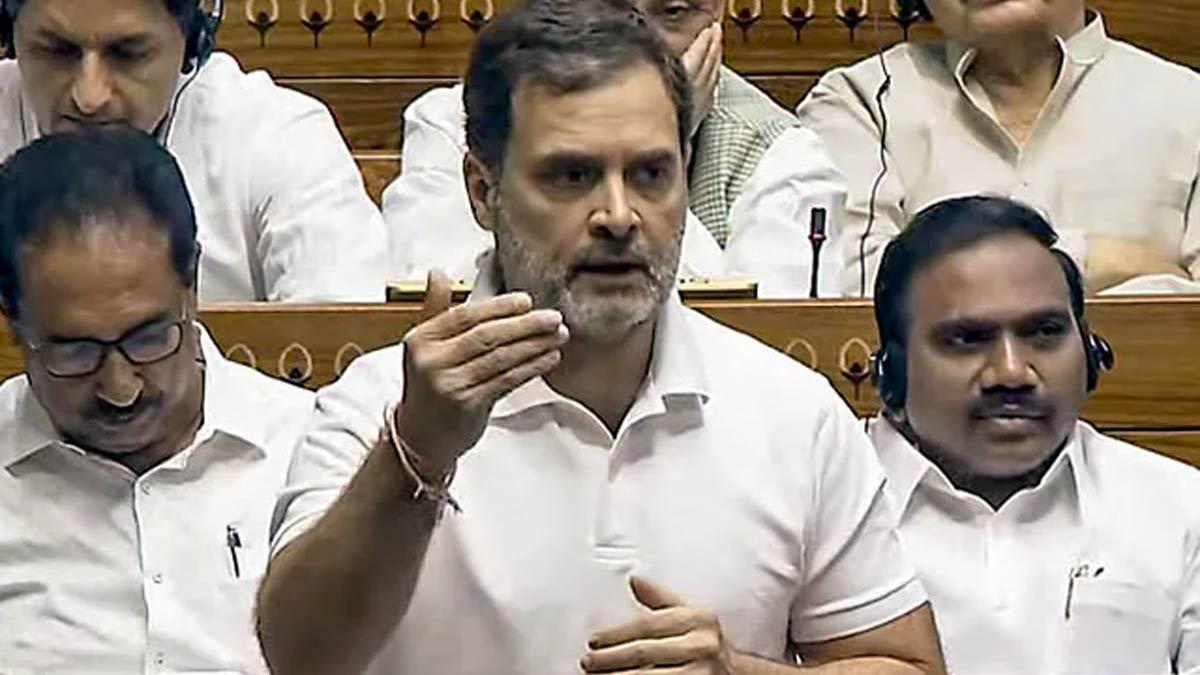Pamulaparthy Venkata Narasimha Rao, affectionately known as PV, was posthumously honored with India's highest civilian award, the Bharat Ratna, for his pivotal role in implementing economic reforms and guiding the nation through a challenging economic period by connecting it with the global market. Recognized as the first and only Telugu Prime Minister, he distinguished himself as the first non-Nehru-Gandhi Prime Minister to serve a full five-year term.
PV's legacy is that of a scholar-politician, a linguist, and a strategic thinker who left an indelible mark on both state and national politics. His journey began in the Congress party, where he ascended to the position of Chief Minister of combined Andhra Pradesh in 1971 before ascending to national prominence. Throughout his career, he held key ministerial positions, including External Affairs and Home, and was instrumental in shaping the nation's education policy.
Despite facing challenges within his own party and enduring posthumous neglect, PV's contributions received proper recognition following the formation of Telangana, with its Chief Minister K. Chandrasekhar Rao highlighting his legacy. PV's political acumen, often compared to that of Chanakya, allowed him to navigate through turbulent times, securing support from various quarters, although his tenure wasn't without controversy, notably surrounding the Babri Masjid demolition.
PV's early years as Chief Minister of united Andhra Pradesh were tumultuous, but his shift to national politics marked the beginning of broader recognition for his efforts. Despite concerns about his treatment within the Congress party, his impact on India's economic landscape cannot be overstated.
Following his passing in 2004, PV's final rites underscored the political tensions surrounding his legacy, with the Congress leadership insisting on conducting them in Hyderabad rather than New Delhi. However, his birth centenary celebrations in 2020, spearheaded by the Telangana government, brought renewed attention to his pivotal role in India's economic reforms.
Despite objections from certain quarters, including the AIMIM, PV's contributions were commemorated, with his daughter, Surabhi Vani Devi, entering the political arena in 2021, further cementing the family's legacy in Telangana politics.
PV's sons, P.V. Ranga Rao and Rajeshwar Rao, also contributed to the political landscape, serving in various capacities within the Congress party and elected offices.
K. Chandrasekhar Rao's persistent advocacy for PV's recognition culminated in the conferment of the Bharat Ratna in 2024, hailed as a moment of pride for Telangana. Vani Devi expressed gratitude for the honor, emphasizing her father's commitment to finding lasting solutions to India's challenges.
The belated recognition of PV's contributions serves as a testament to his enduring impact on Indian politics and economics, transcending partisan divides and reaffirming his status as a visionary statesman.
Read also | Opposition Alliance's Ramlila Maidan Rally Approved by ECI and Delhi Police
Read also | Delhi Minister Kailash Gahlot Faces ED Inquiry Over Excise Policy Case

